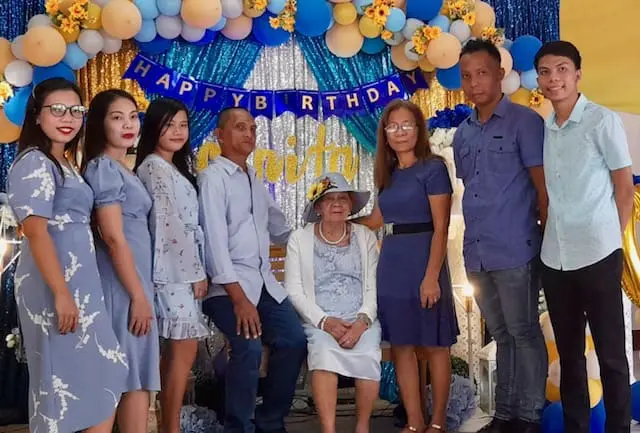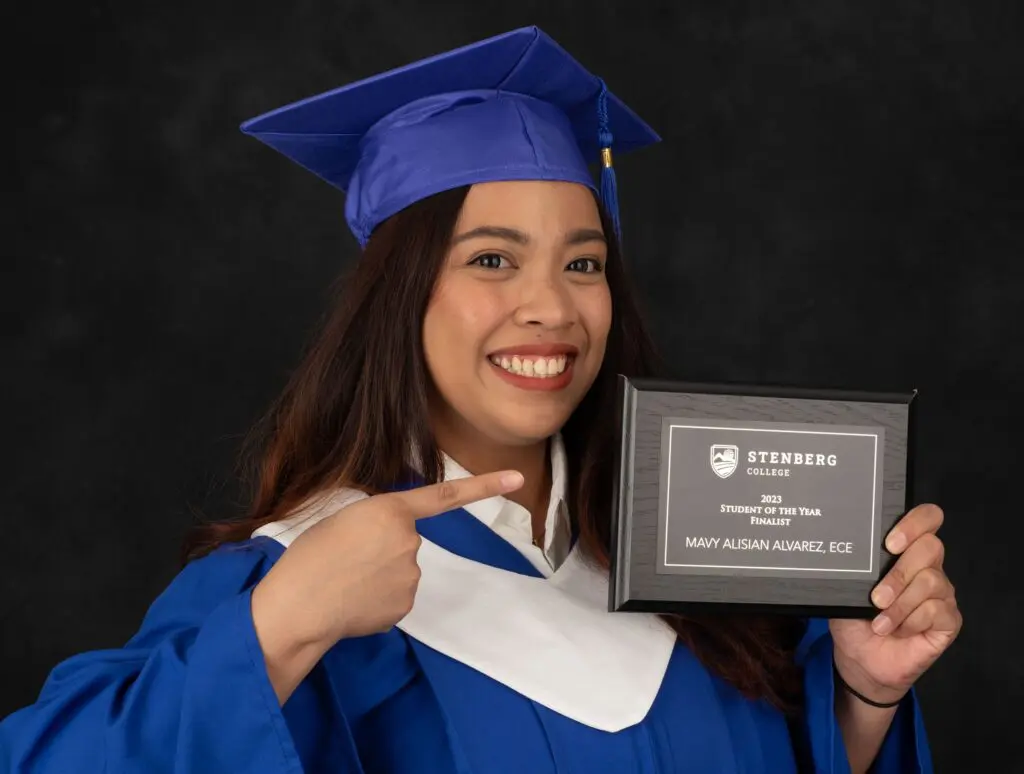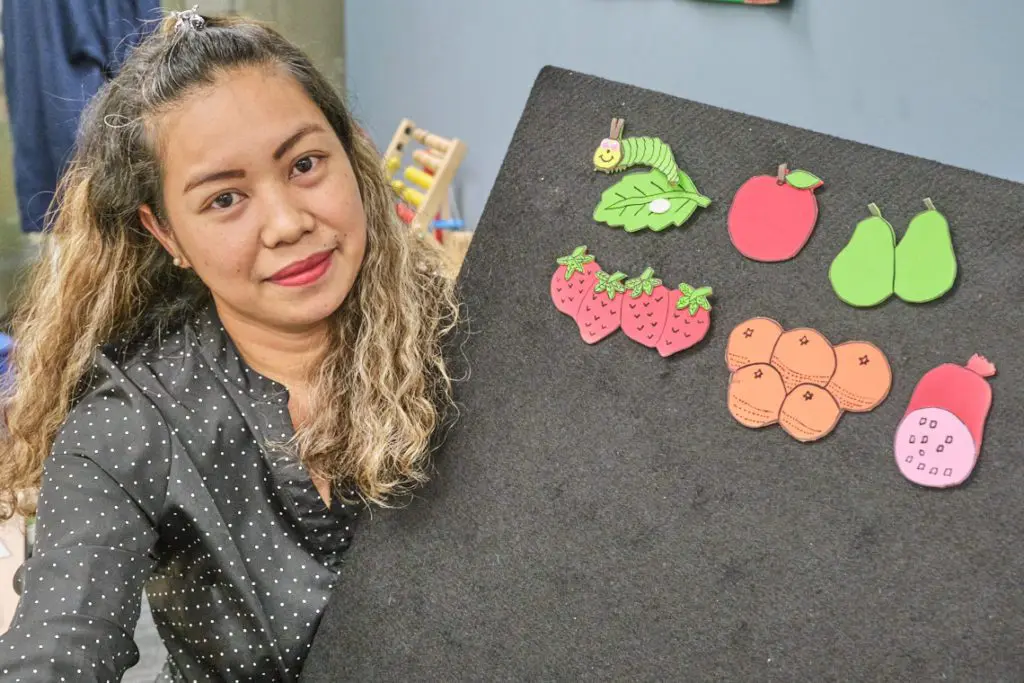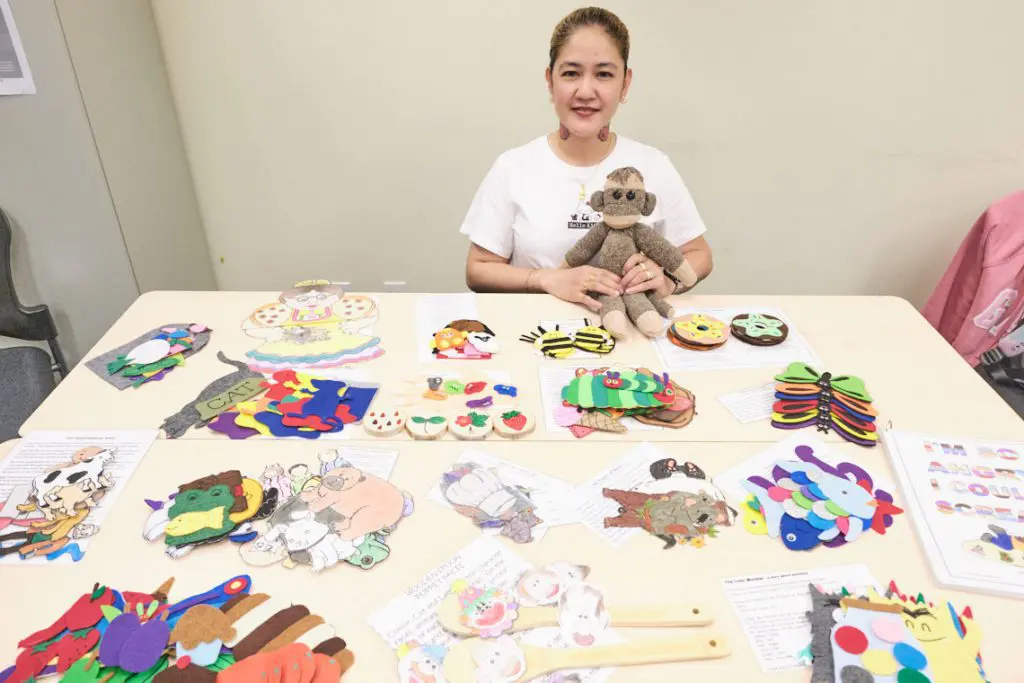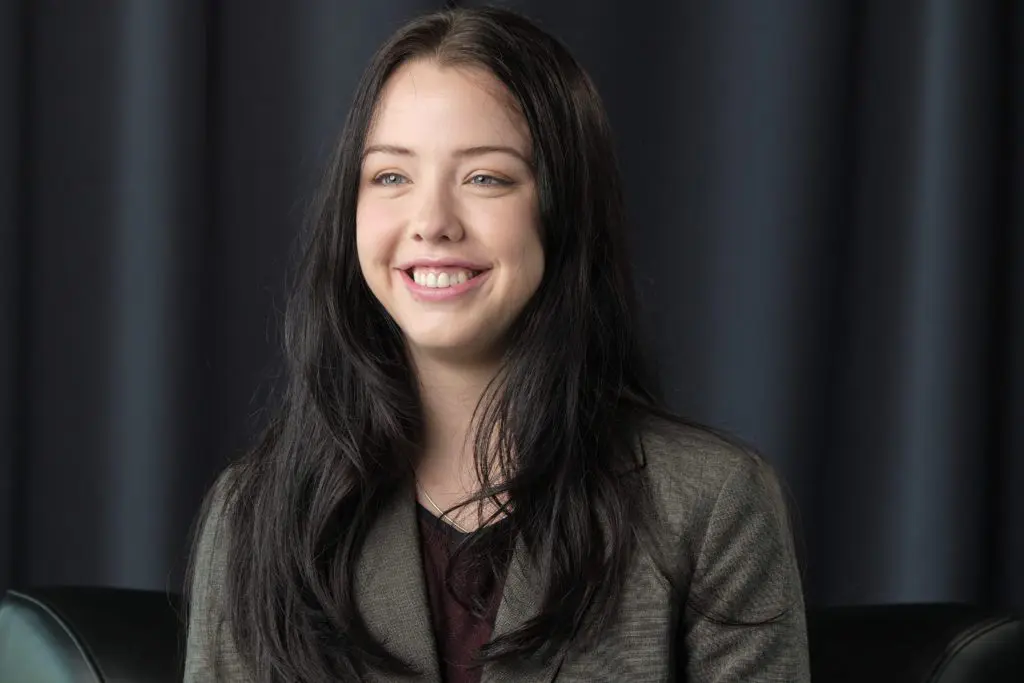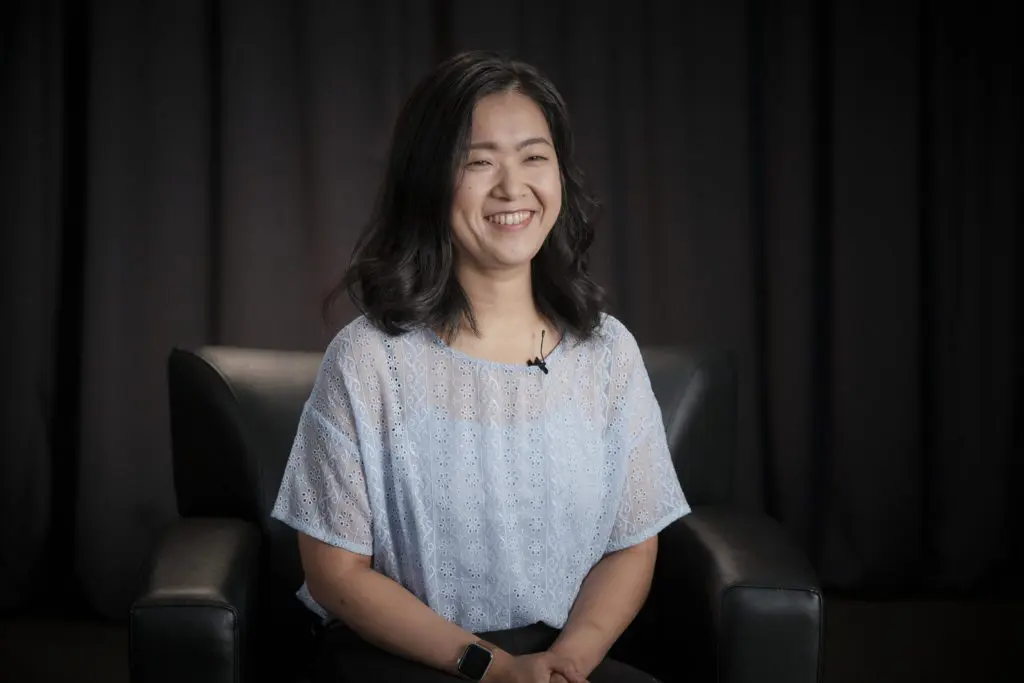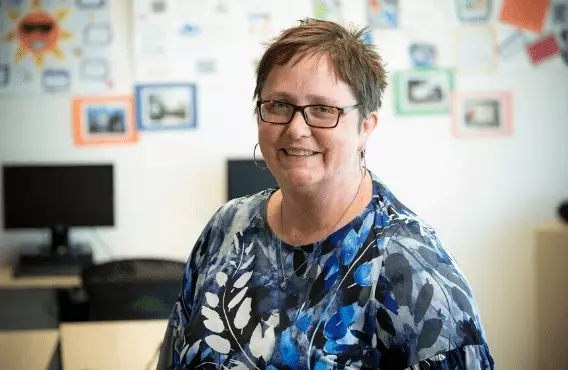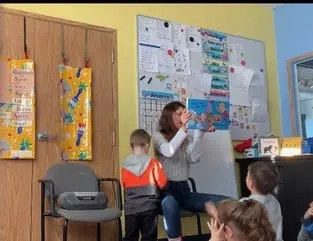
My first group project in the Early Childhood Educator program was about building my dream daycare. I had already started to design the daycare in my mind before my instructor informed the class that it will be a group project.
I was new in the program at that moment and hadn’t interacted much with my classmates. I scanned the class quickly, trying to find familiar faces, hoping to create a group with them. We were not allowed to pick our own groups, they were randomly drawn from a bag. So I was grouped with three other students whom I hadn’t met before. But, our project wasn’t due until the end of the Module (usually four weeks long), and we had plenty of time to get to know one another. We brainstormed ideas in our first team meeting and we divided the tasks. Despite the issues we encountered while working together, we handed in a finished daycare model.
The dream daycare might not have matched what I initially had in mind, but I learned so much in the process about group dynamics, communication and doing the best with what you have. That’s the long story short but the lesson wasn’t that simple. I didn’t learn it in one day but I’ve compiled a list of seven tips you can use to make the most out of your next group project.
1. Be open-minded
I always thought that I was very open-minded. However, during brainstorming, I was trying to force my ideas on the team instead of accepting others’ ideas as well. Sometimes I didn’t even realize I was doing it. So, let everyone pitch in before you make the final decision.
2. Respect others’ ideas
You are doing a great job if you listen to everyone in the group but incorporating all ideas at once can be challenging. Instead of saying no to an idea that you think might not be the best, try to explain your reasons to the group. You might find a solution or your group members will be able to understand where you’re coming from.
3. Give suggestions, not orders
I never try to force my ideas on someone but when something is special to me, I tend to get possessive about it. For example, I wanted our dream daycare to be a certain color, but it was painted another color which made me upset. So, I tried to change the color myself. By doing this I was not being a good team player. I should have expressed my ideas before the team was making final decisions instead of ordering to change the color later. It is important to listen to others’ ideas, in the same way, it is very important to express your ideas before applying them.
4. Active communication
We have so many apps at our disposal to connect with each other but they shouldn’t be your only source of communication. Texts can create a lot of misunderstandings because typed letters don’t express emotions, making it easy for the reader to misunderstand your message based on his or her assumptions. My tip would be to try to meet each other, sit together, and talk face-to-face. I know it’s much easier over the phone but take the time to plan your agendas. It will be worth it.
5. Giving everybody a choice
It becomes essential to let people choose the task they are interested in, instead of giving the task to them. If you feel that you can do more than what you are assigned to do, or vice versa, then let your group know. Again, communication is the key.
6. Support
With all the due dates upon us and plenty of work to be done, it can easily become very overwhelming for you. Remember that the group projects are not solely about your work and that you are not alone. A group can act as a support system where each member is encouraged to bring up any concerns and express themselves without fear of judgement. Aim to be a productive member of your group and the support system.
7. It doesn’t have to be perfect
Nothing can be perfect. It’s okay if your project looks nothing like what you imagined. The main reason we work in groups is to learn about each other, to explore new ideas, as well as learn important skills like communication. So, if you were able to deal with all the troubles you faced while completing your project without thinking about quitting then you get an A+.
Learning is a process and it doesn’t end at one point. It continues throughout your life. I have done many other group projects since and learned a lot from working with people I didn’t necessarily know before the project. Group projects can be fun! Embrace the challenges as learning opportunities, and practice experiences for when you go out into your field as a professional.
Check out a video of Early Childhood Educators career.


